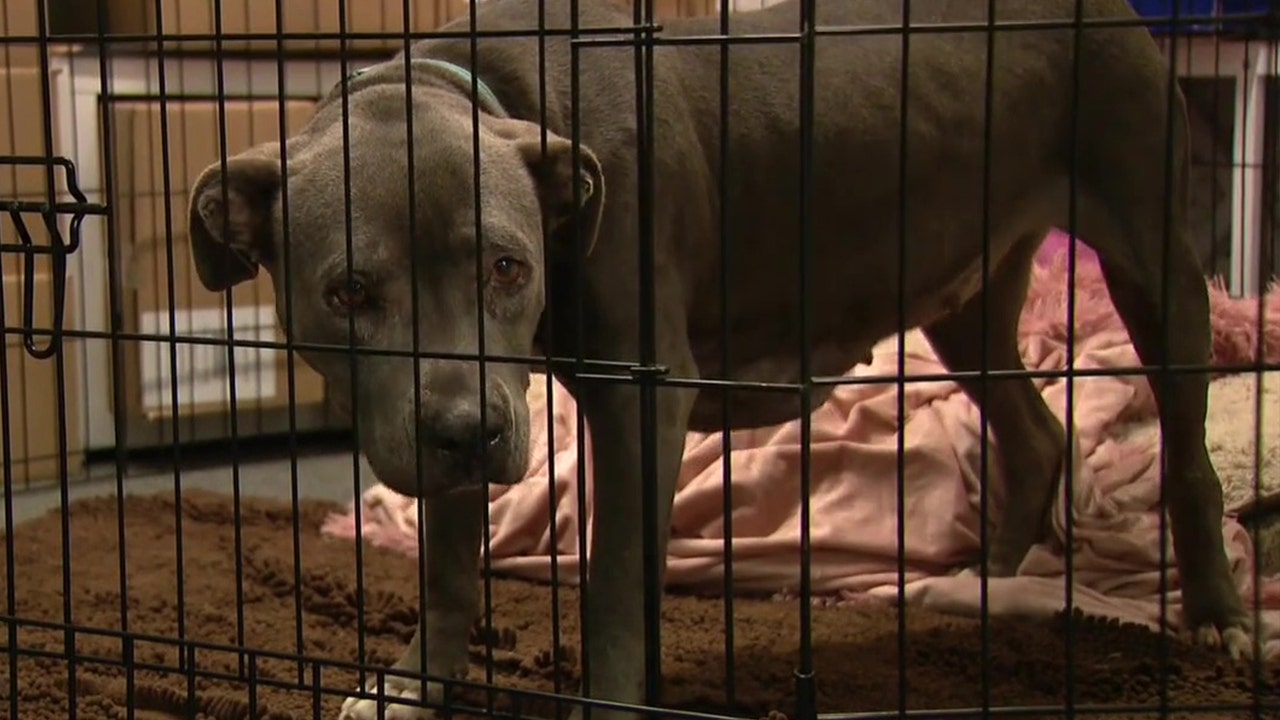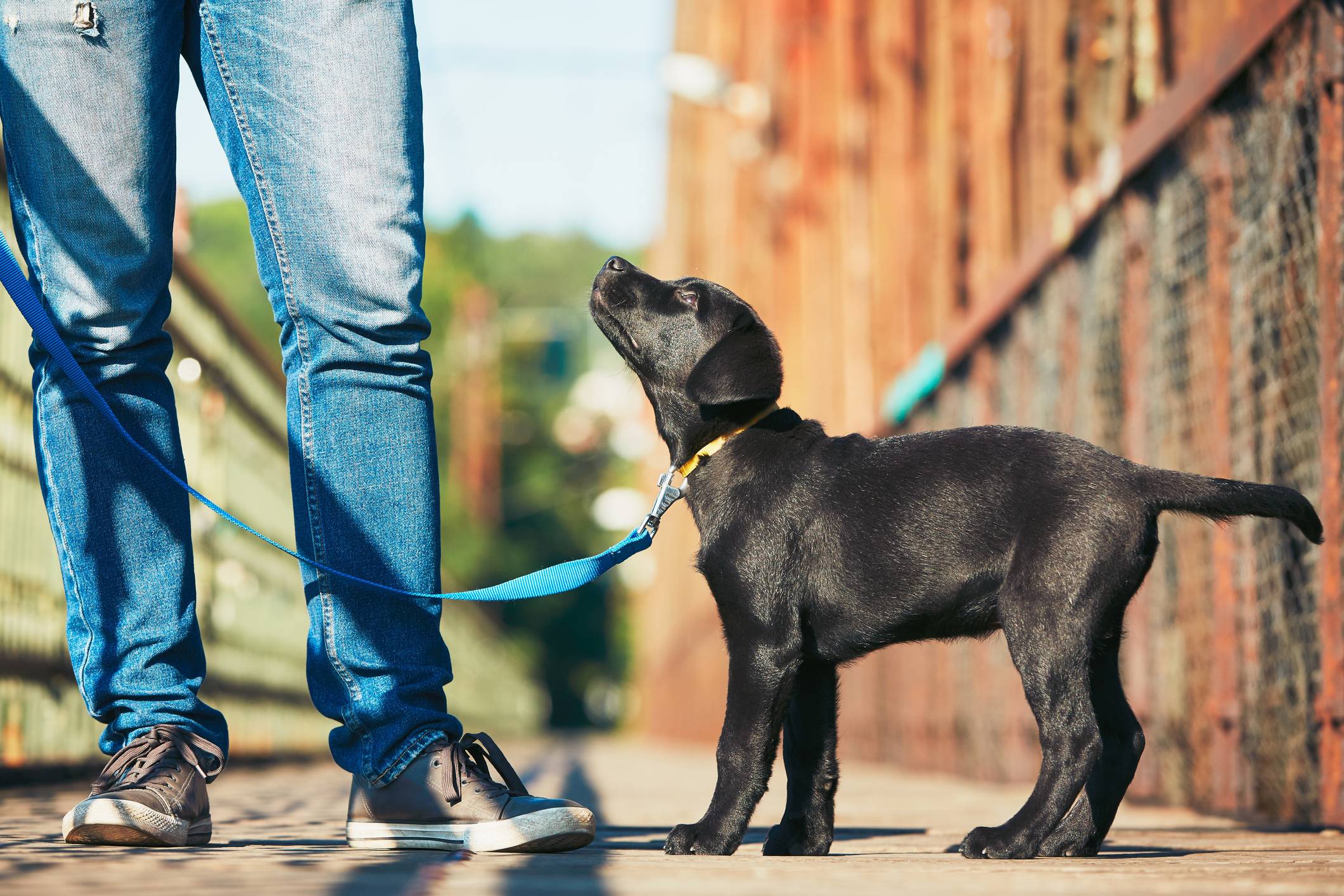
Discipline and training your dog to be aggressive is one of its most important components. To correct aggressive behavior, the first step is to identify what causes your dog to become aggressive. To find out the cause of aggression in your dog's environment, you can use that environment. Aggressive behavior can also be discouraged by discipline. This article will cover natural remedies for aggression in dogs. A journal and recording your observations is a great tool for dog aggression training. It is important to distinguish between medications and natural treatments.
Discipline discourages aggressive behavior
You may need to investigate why your dog is attacking other dogs. Many people may not notice aggressive dog behavior. It could start as mild avoidance or dramatic behavior. However, you can help your dog avoid further problems by learning how to discipline him. Here are some methods to help you start the process. These guidelines will help you achieve effective results. You can begin to treat the problem immediately once you understand why your dog acts aggressively.
First, understand why your pet is being aggressive. Aggression is not a matter of disobedience - it is a response to something in the environment. This isn't an attempt to be mean. It is vital to train your dog in the art of discipline when dealing with aggressive behavior. Positive reinforcement is needed to teach your dog to behave well around people and pets.
Timeouts are another effective way to discipline your dog. Timeouts, also known as isolation, are especially effective in controlling aggression and nipping. Timeouts should only last a few minutes, and should be done in an isolated location. Crates make great timeout spaces. Timeouts can be used effectively if your dog isn't able to hurt others or injure other dogs.
In addition to using praise and treats, redirecting your pet to a play area or eating place is another way to discourage aggressive behavior. To redirect your pet’s attention, you can offer toys or other tools. You can give your dog toys or other tools if you're not able to find one. You can reward your dog with positive reinforcement if your dog doesn’t like the place you’re putting him off to.
It's important to avoid situations where problem behavior is occurring. You must keep in mind that the behavior you are trying to prevent doesn't necessarily mean your pet is in control. While this may prevent the behavior from becoming more frequent, it does not end the problem. Instead, it teaches the dog how best to cope with situations that might otherwise make the dog feel unsafe. Professional help is the only way to end aggressive behavior in dogs permanently.
It is important to journal when training aggressive dogs
Dog aggression can cause problems. Your pet could be aggressive depending on its breed, their environment and previous experiences. They may have been abusers when they were adopted from a shelter. It can be hard to determine the root cause but affection and love can help reduce aggression. It's a good idea to journal about your dog's behavior so you can make positive changes.
This can help you to evaluate the treatment that you are using. Write down what you feel about your dog's aggression. This will help you to understand the root cause. This will allow you to make better treatment decisions. This is especially important when you are working with youth. They are likely to exhibit higher rates of aggression. It is possible to keep a journal and see the effects on your life.
The journals were assessed in two ways. The first involved having male and female experimenters watch over the dogs while they explored the room. In both conditions, the participants were kept in a controlled, supervised environment, and their journals were evaluated by four independent raters. The experimenter was not able to see the dogs, but was present for testing. The condition of the author was mentioned in three of the four journals, but it was not obvious from the reading of the journals. This study also used written journals as a method to record the training process.

The use of delayed rewards to teach your dog to ignore undesirable behavior is another effective method. Although there are not many studies, this method has been proven to increase self control in aggressive individuals. Dog owners who want to reduce their dog's aggressive behavior should be happy to hear this. It is a great way to teach your pet these skills by journaling their aggressive behavior. You can help your dog stop hurting themselves by watching and learning from them.
Medications
Your dog's overall health is the most important factor in choosing which medications to use when aggressive training your dog. While sedatives do help with anxiety, they can't be used as a long-term remedy. Sedatives are used to calm anxious dogs. But they also inhibit inhibitions and interfere with memory. They may not be the right choice for aggressive dogs, and they interact with a long list of other medications. You should also be cautious when administering sedatives to dogs with liver or kidney disease.
Many pet owners and veterinarians don't approve of medications for dogs that exhibit aggressive behavior. However, this is not necessarily true. Some people believe medications for dog aggression training are unnecessary and can worsen the situation. You may need to visit multiple vets to get the medication you need. It can be difficult to decide which medication you should choose. There are many options available that will help you train your dog without needing to go through expensive and risky procedures.
Your dog's first step to aggressive training is to identify the problem and fix it. Your vet will have to examine your dog for any medical issues that could be causing aggressive behavior. A dog suffering from hypothyroidism, for example, cannot be trained without medical treatment. You can start aggressive training if the veterinarian determines that the dog does not have a medical condition.
Next, consult a veterinarian behaviorist to help you determine the best treatment for your dog's behavior problems. Medication is not an all-encompassing solution. However, it can be used to treat aggressive dogs who have been assessed and treated by a vet behaviorist. Recognize that not all medications can be used to treat aggressive dogs. Some dogs respond well to SSRIs while others do not react to beta-blockers at all.
Some options for medication include xanax as well as fluoxetine. These medications have been shown to be effective in treating aggression and are quick-acting. Some dogs may develop an immune response to these compounds and stop showing aggression after they take these medications. These dogs may need to be given medication for the long-term. A veterinarian should assess the dog's overall health before prescribing any medications.
Natural treatments for dog aggression
Dog aggression can often be calmed using a combination natural and herbal remedies. Dog aggression can be controlled with herbs such as Holy Basil, lemon balm, Holy Basil and chamomile. Vitamin B6 as well as Ashwagandha, are adaptogenic herbs that perform similar functions. Both of these herbs help to regulate the dog's mood and brain production of serotonin. GABA, an amino acid, can cause anxiety. Several different herbs can help your dog relax.
Flower essences can also be used to help dogs cope with stress and tension, which can lead to aggression. Bach Flowers are one example of a flower essence that can reduce aggressiveness in stressed or frustrated dogs. Licorice root and slippery elm bark are also great options. You should also avoid triggers, and ensure that your dog is always on the leash. People with aggressive dogs should avoid situations in which they feel threatened.

Consult a veterinarian if your dog's aggressive behavior does not stem from a specific illness. The veterinarian will need information on any changes in the dog's diet and any medication that may be contributing to it. You might consider natural solutions for dog aggression, even if corrective measures have been taken in the past. You can expect your veterinarian to order standard tests such as a complete blood test, biochemistry profile and urine analysis.
Medications for dog aggression may be effective in treating some cases, but many cases of aggression are not reversible. Many medications can cause dependence and/or resistance. This is particularly true for anxiety-related aggression. Xanax (Valium) and Xanax (Xanax) are two common medications that can help with this problem. However, they may not provide lasting relief. They are not recommended for long-term use.
CBD oil is a natural remedy for aggression in dogs. CBD oil is an extract made from hemp plants. It is not psychoactive. It has many benefits for dogs, such as calming their nervous system and reducing stress. It can also reduce dog aggression by making grooming rituals less stressful. CBD oil can be used to calm your dog and help with aggression. A holistic vet will recommend CBD oil for your dog.
FAQ
What is pet insurance?
Pet Insurance provides financial protection when your pet is injured or becomes sick. It also covers routine veterinary care such as vaccinations, spaying/neutering, and microchipping.
In addition, it pays for emergency treatment if your pet gets into an accident or becomes ill.
There are two types if pet insurance:
-
Catastrophic Insurance - This insurance covers medical expenses for your cat if it sustains severe injuries.
-
Non-catastrophic – This type covers routine costs for veterinary care, including vaccinations, microchips or spays/neuters.
Many companies offer both catastrophic as well as non-catastrophic coverage. Others offer just one or the other.
You will need to pay a monthly premium to cover these costs. This amount will depend on how much you spend to care for your pet.
The price of insurance depends on which company you choose. So shop around before buying.
You may be eligible for discounts if more than one policy is purchased by the company.
You can transfer your pet insurance plan to another company if you are already insured.
If you choose not to purchase any pet insurance, you will need to make all payments yourself.
There are still ways you can save money. Ask your veterinarian for information about discounts.
If your pet sees you often, he may discount you.
Instead of spending money on a pet, you could adopt one from an animal shelter.
You must always read the fine print, regardless of what type of insurance policy you purchase.
This will show you the exact value of your coverage. If you don't understand something, contact the insurer immediately.
How long should a dog stay indoors?
Dogs are naturally curious. Dogs need an outlet to express their curiosity. They could become destructive if there are no outlets. This can cause damage to property and injuries to people.
Dogs should always be kept on a leash when outside. The leash prevents them from running wild and allows them to safely explore their environment.
If you keep your dog inside all day, he will become bored and restless. He will begin to chew furniture and other things. His nails will grow too long, and he could develop health issues as well.
It is best to allow your dog to run free at least one day per week to avoid these unfortunate consequences. Take him out for a walk, take him for a drive in the car, and/or to the park.
This will allow him to burn energy and give him something useful.
What are some things to consider before purchasing an exotic pet
You should consider several factors before buying an exotic pet. It is important to decide if the animal will be kept as a pet, or if it will be sold for profit. If you plan to keep it as a pet, make sure you have enough room. You also need to know how much time you'll spend caring for the animal. It takes time to care for an animal, but it's worth it because they give great companionship.
If you're looking to sell the animal then you should find someone willing and able to buy it. Make sure that whoever buys your animal knows what they're doing regarding taking care of animals. You should not feed the animal too often. This could cause health problems later on.
You should research every aspect of exotic pets before you buy them. Many websites have information on many species of pets. Be wary of scams.
Do I need to spay/neuter my pet dog?
Yes! Spaying and neutering your dog is very important.
Not only does it reduce the number of unwanted puppies in the world, but it also reduces the risk of certain diseases.
Female dogs are more likely to get breast cancer than male dogs.
Testicular cancer is more common in males than it is in females.
It is also a good idea to spay or neuter your pet so she doesn't have babies.
How to Make Your Pet Smile
Pet owners often wonder how they can make their pets happy. Some people buy toys, treats, and even clothes for their pets. However, pets might not enjoy certain things. Some dogs can't stand sweaters.
You should ask your pet why they don't like the food you are buying. You may find out that your pet enjoys different foods than you. Perhaps he is allergic to shoes.
Another tip is to play with your pet. You can use a ball or a frisbee. Toss it around. You can either throw it around the room and let your friend chase it. This game is fun for both of you. It's both relaxing and enjoyable.
You can also give your pet a bath every other week. Bathing your pet helps get rid of dead skin cells. It keeps him smelling fresh.
It's also important to keep your pet healthy. Do not allow your pet to eat junk food. Do not allow him to eat junk food. Instead, give him high-quality food. Get him plenty of exercise. Go outside and take him to play fetch or for a walk.
Your pet will appreciate spending time with the owner. In fact, pets are more comfortable being with their owners than living alone.
Remember to unconditionally love your pet. Never yell at him. Be patient and kind to him. Never leave him alone.
What do you do if your dog bites somebody?
If an animal attacks you, it is important to first make sure it isn't rabid. If that is not possible, get help. You could be seriously hurt if you try to manage the situation yourself.
If the animal bites, but is not aggressive then you can take it to a vet clinic. Your vet will examine it, and then advise you if additional treatment is necessary.
In most cases, rabies shots will be required. You should never administer them yourself. Only a qualified person should administer these.
Statistics
- For example, if your policy has a 90% reimbursement rate and you've already met your deductible, your insurer would pay you 90% of the amount you paid the vet, as long as you're still below the coverage limits of your policy. (usnews.com)
- Monthly costs are for a one-year-old female mixed-breed dog and an under one-year-old male domestic shorthair cat, respectively, in excellent health residing in Texas, with a $500 annual deductible, $5,000 annual benefit limit, and 90% reimbursement rate. (usnews.com)
- It's among a relatively few companies that provide policies with a full (100%) coverage option, meaning you are not responsible for any co-payment of bills. (money.com)
- In fact, according to ASPCA, first-year expenses can sum up to nearly $2,000. (petplay.com)
- * Monthly costs are for a 1-year-old female mixed-breed dog and a male domestic shorthair cat less than a year old, respectively, in excellent health residing in Texas, with a $500 annual deductible, $5,000 annual benefit limit, and 90% reimbursement rate. (usnews.com)
External Links
How To
How to train a pet dog
A pet dog provides companionship and emotional support to its owner. It can protect against predators and other animals.
Dog owners should train their pet to be able to retrieve items, guard against intruders and obey orders.
The average training period lasts six to two years. The owner teaches the dog basic obedience skills such as how to sit, lay down, stay, come on command, roll over, and walk on command. The dog's natural instincts are taught to the owner and the dog learns to obey basic verbal commands.
These basic behaviors should be taught to the dog by the owner. They should also teach the dog how to react to strangers or unfamiliar situations.